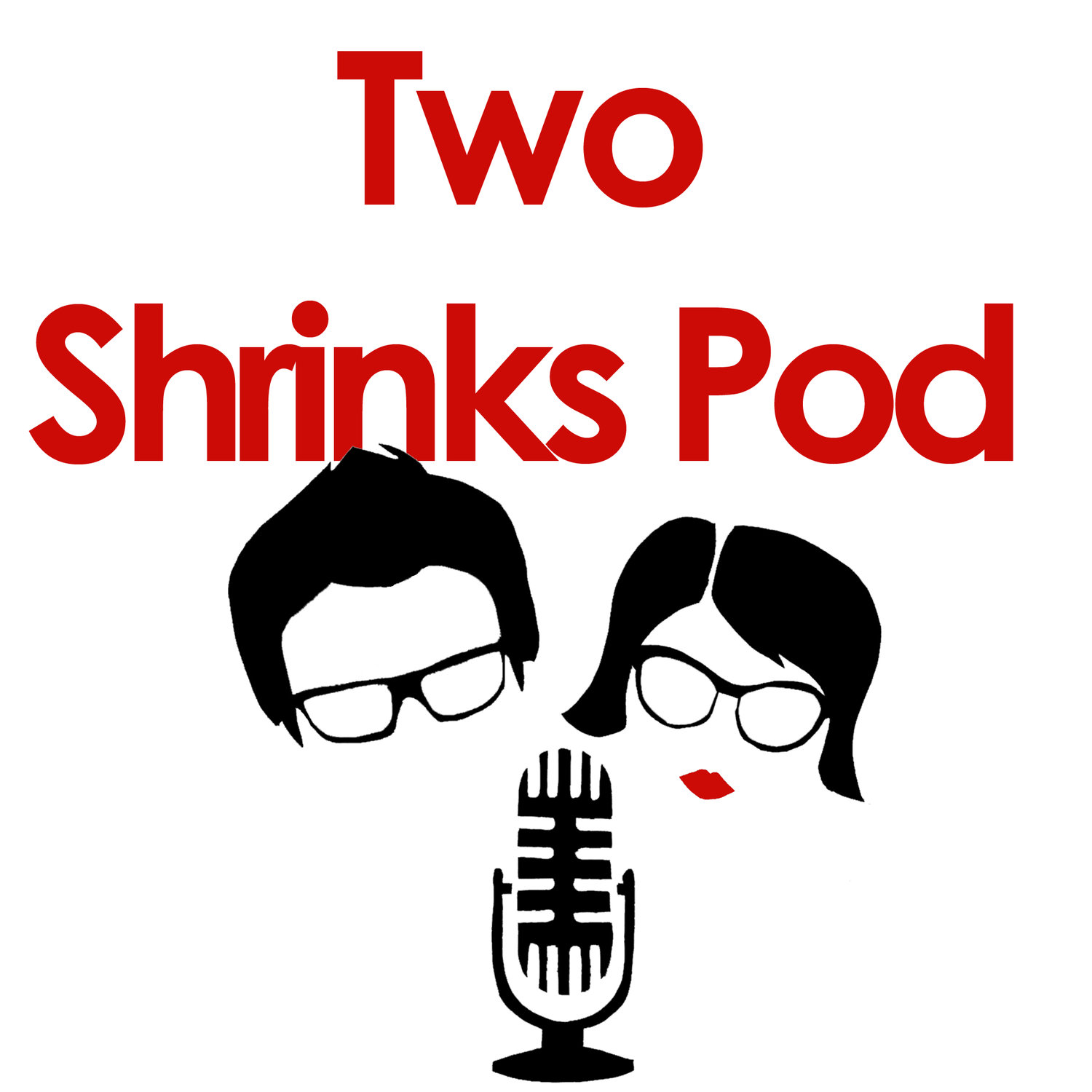The problem with sanctimonious lockdown behaviours: an open letter to Broadsheet
/To the editor,
Broadsheet Melbourne
During Melbourne’s 111 day lock down it was apparent that the community’s mental health would be likely to suffer. As psychologists, we have seen impacts of loneliness, isolation, family violence, disconnection from social supports as well as systemic problems with housing, food and employment.
I am writing to you to express concern for a serious and arguably equally pervasive problem of lock down 2.0 - the media promoting sanctimonious lock down behaviours. For those struggling during this period, the incessant reminders to pick up a new hobby, try a new takeaway or explore another gallery online, were torture. Everyone had that friend; who’d conquered their sourdough, developed a kitchen garden fruitful enough to feed their family and started selling their life drawing sketches online within the first two weeks. That person who would talk about how great it was to have all this time, to just “be”, to connect, to spoil themselves.
The reality is, for some, simply getting up in the morning and walking the 5 steps to their home office was all that was bearable. For others, getting through 10 minutes of home schooling was a triumph. As psychologists during a pandemic, we were trying to take the pressure off people, not stack in on. The people who just scraped through are now answering questions of the sanctimonious about why they’re not missing lockdown, why they don’t feel more connected, why their house is not immaculate? The truth is, lockdown is necessary but it sucks. A large part of a psychologist’s role is to try to help people to feel and accept their emotions. Maybe the sanctimonious genuinely had a blissful 15 weeks at home, maybe promoting it on social media is what soothes them. For everyone else, there’s a quiet, nervous relief that maybe we got through it. Maybe our houses are still filthy, our projects unfinished. But we did it. And surely that’s enough?
-Amy Donaldson



